This function is from my professor's notes:
int ints_is_sorted_r(int* a, int n){
return n <= 1 || (a[0] <= a[1] && ints_is_sorted_r(a+1, n-1));
}
This is my version with many printfs to see what it does
int ints_is_sorted_r(int* a, int n){
printf("n <= 1 = %d\n",(n <=1));
printf("a[0] <= a[1] = %d <= %d\n",a[0],a[1]);
ints_println_special(a,n);
return n <= 1 || (a[0] <= a[1] && ints_is_sorted_r(a+1, n-1));
}
(ints_println_special() is a function from my prof's library that prints the whole array)
My question is, how does the recursion stop? Here's the output from my test:
My guess is that when you have an OR condition and the first one is true it doesn't waste time looking for the right side of the condition because it knows it's going to be true anyway. Am I correct?
